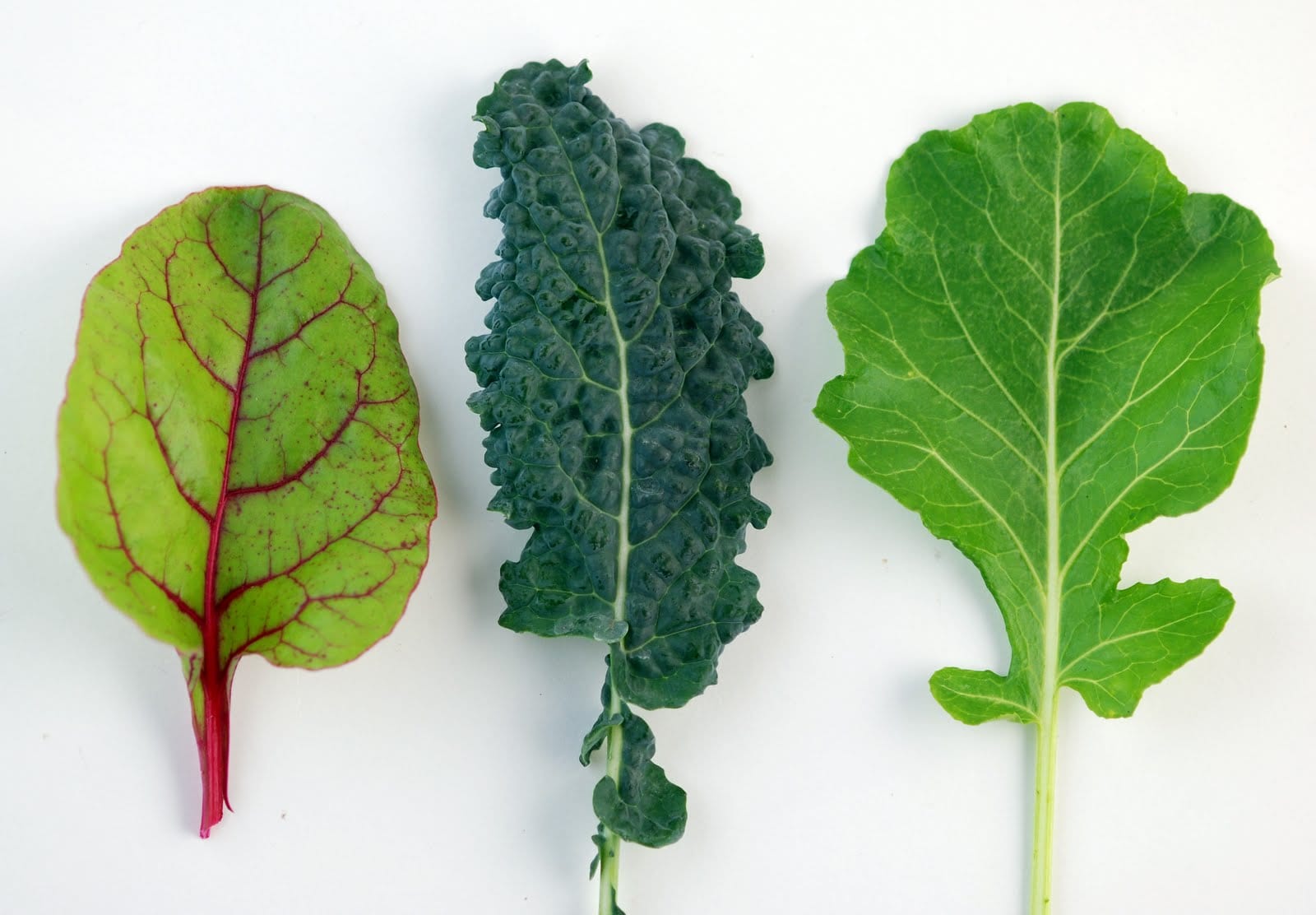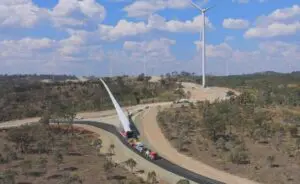A new report has warned that continued climate policy uncertainty could wipe more than $1.4 billion from Australia’s Carbon Farming Initiative. The report, by energy market analysts RepuTex, warns that if the CFI Amendment Bill (containing the Abbott government’s proposed Emissions Reduction Fund) fails to be passed before the end of the parliamentary year, investment in the Carbon Farming Initiative would be wiped out, with growth from new landfill gas, waste and forestry projects eroded in the absence of the carbon price.
According to RepuTex, if the CFI Amendment Bill is not passed by the Senate, abatement from the Carbon Farming Initiative is likely to slow to less than 3 million credits per year; down from a forecast high of approximately 17 million credits in FY18 should an amended version of the scheme be implemented. Through to FY18, this slowdown would equate to a loss of almost $1.4 billion, crippling the CFI and leaving Australia’s carbon farmers with no buyers for their emissions reductions.
“Australian Carbon Credit Units under the CFI have traditionally been purchased by high emitting companies with a liability to offset under the Carbon Price Mechanism,” said RepuTex associate director, Bret Harper. “Following the repeal of the CPM, the government proposes to be the new buyer of those offsets through the ERF, providing demand for carbon farmers to create credits.” he said. “If the ERF is not implemented prior to December, confidence in the carbon farming sector would be wiped out, with new project development eroded without a clear end buyer for those credits.”
In other news…
Federal Labor leader Bill Shorten has used the latest Save Solar Forum meeting in the marginal electorate of Barton, Sydney, to reiterate that there would be no negotiation from the ALP on the scaling back of Australia’s Renewable Energy Target. “Labor is standing strong behind the RET… we are not for turning on the issue of renewable energy,” the Leader of the Opposition said on Wednesday night at the Australian Solar Council-led forum. The Palmer United Party also made a show of support for target, with PUP Charleston candidate Suellen Wrightson telling the crowd of solar voters that her party would “block any attempt to reduce the Renewable Energy Target.” Greens leader Christine Milne also spoke passionately in favour of renewables. “The Abbott Government is determined to hold back the future. They’d like to bury solar to dig up more coal,” she said. The next Save Solar Community Forum will be in the Melbourne electorate of Deakin in the coming weeks.
A new website has been launched to improve access to fixed interest finance for sustainable building upgrades. BetterBuildingFinance.com.au, launched on Thursday by ClimateWorks Australia and the Sustainable Melbourne Fund, provides building owners and tenants with a clear overview of Environmental Upgrade Finance (EUF), as well as help to access it. The launch of the website coincides with the recent introduction of Victorian legislation to make EUF available to all Victorian local government areas.
ClimateWorks Australia project manager, Eli Court, said the website was part of a program to raise awareness of how businesses can save money by upgrading their buildings, and by using EUF to do so, instead of a traditional loan. “The website includes example business cases… in a range of real buildings across Victoria, SA and NSW and an online calculator to show building owners and tenants how this type of financial arrangement could work in their building,” he said. One example shows how a significant upgrade – including new lighting, heating and cooling and the addition of solar PV – could be undertaken at no upfront cost to the owner, delivering almost $40,000 in annual energy savings.
Australian waste management company BusinessWaste.com.au has called on clothing manufacturers to use materials that are easily biodegradable to make them more ethical to dispose of at the end of their lives. Citing figures showing that around $140 million worth of clothes (1.2 million tonnes) go to landfill every year in Australia, BusinessWaste.com.au spokesperson Mark Hall says it makes sense to make clothes easily recyclable, if people can’t get out of the habit of binning them. BusinessWaste.com.au says that by making clothes out of easily degradable materials means that items which are no longer wanted can at least be shredded and composted.










